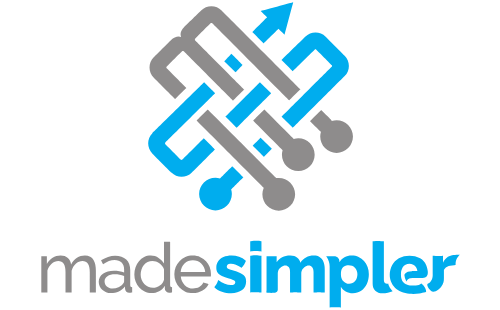At Made Simpler, we know that a well-crafted content calendar is the backbone of successful digital marketing. It’s the secret weapon that keeps your content strategy organized, consistent, and aligned with your business goals.
In this post, we’ll show you how to create a content calendar that drives real results. Get ready to transform your content marketing efforts and boost your online presence.
Why Content Calendars Matter
Powering Your Content Marketing Strategy
A content calendar is not just a scheduling tool; it’s the engine that drives your entire content marketing strategy. It transforms a company’s digital presence by providing structure and direction to content creation efforts.
Boosting Consistency and Quality
Consistency plays a vital role in content marketing. A well-structured content calendar ensures a steady flow of high-quality content. 58% of B2B marketers say content marketing helped them generate sales/revenue in the last 12 months, up from 42% the previous year. This approach prevents content droughts and maintains regular publishing schedules.
Aligning Content with Business Goals
Your content calendar should mirror your overall marketing strategy. It enables you to plan content that directly supports your business objectives. For instance, if you plan a new product launch in Q3, your content calendar should incorporate related blog posts, social media updates, and email campaigns leading up to the event.
Maximizing Resource Efficiency
A well-planned content calendar helps allocate resources more effectively. It identifies bottlenecks in your content production process and distributes workload evenly across your team. This is particularly important for small businesses with limited resources.
Balancing Planning and Agility
While a content calendar provides structure, it shouldn’t be rigid. The most effective calendars strike a balance between planning ahead and staying agile. They allow for the incorporation of trending topics or unexpected opportunities, ensuring your content remains relevant and timely.
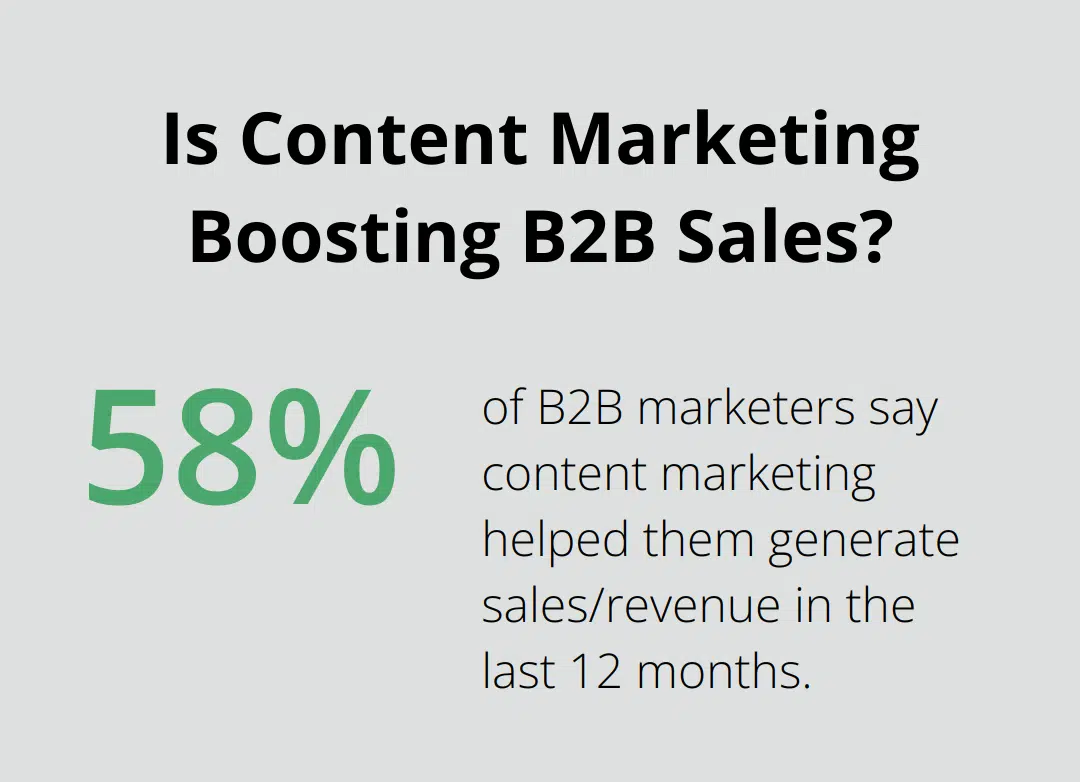
As we move forward, let’s explore the key elements that make up an effective content calendar. These components will help you create a robust framework for your content strategy, ensuring every piece of content serves a purpose and contributes to your overall marketing goals.
What Makes a Content Calendar Effective?
A powerful content calendar serves as more than just a schedule. It functions as a strategic tool that aligns your content with your business goals and audience needs. Several key elements contribute to the effectiveness of content calendars.
Diverse Content Types and Formats
An effective content calendar incorporates a mix of content types. This includes:
- Blog posts
- Videos
- Infographics
- Podcasts
- Social media updates
Content Marketing Institute reports that last year, 57% of B2B marketers cited creating the right content for the audience as a challenge, while this year, only 40% did. This diversity keeps your audience engaged and caters to different learning styles and preferences.
Strategic Channel Selection
Your content calendar should reflect a strategic approach to channel selection. Not all platforms yield equal results for every business. For instance:
- LinkedIn often works well for B2B content
- Instagram tends to suit visually-driven B2C brands
HubSpot’s research shows that cross-channel marketing is a method brands use to connect with customers across multiple channels (i.e., email, social media, ads, SMS) that creates a logical experience.
Audience-Centric Planning
Your content calendar should revolve around your target audience and buyer personas. Every piece of content needs to address specific pain points, questions, or interests of your audience. This personalized approach should guide your content planning.
SEO Integration
An effective content calendar incorporates SEO strategies. This involves:
- Keyword research
- Topic clustering
- Link building plans
By integrating SEO into your content calendar, you increase the chances of your content ranking well in search engine results pages (SERPs).
Flexibility and Adaptability
While structure is important, your content calendar should remain flexible. It needs to accommodate:
- New trends
- Audience feedback
- Evolving business goals
This adaptability ensures your content stays relevant and timely.
As we move forward, let’s explore the step-by-step process of building a content calendar that drives results. This practical guide will help you create a robust framework for your content strategy, ensuring every piece of content serves a purpose and contributes to your overall marketing goals.
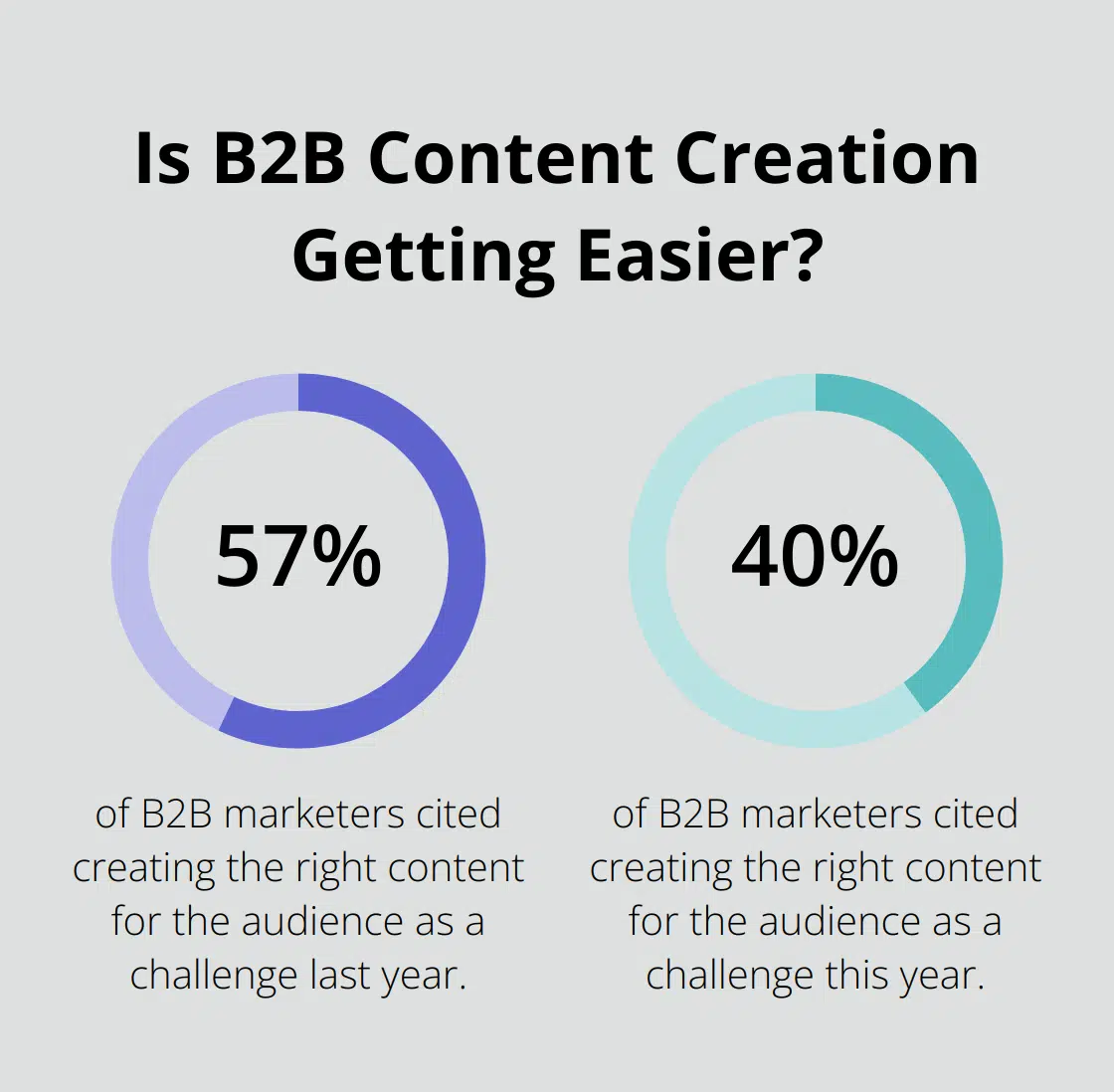
How to Build a Results-Driven Content Calendar
Define Clear Objectives
Start your content calendar creation process by setting specific, measurable goals. Do you want to increase website traffic by 20% in the next quarter? Or generate 50 new leads per month through blog posts? Make your objectives concrete and time-bound. This clarity will guide every decision in your content planning process.
Conduct a Content Audit
Before planning new content, take stock of your existing materials. Analyze the performance of your current content using tools like Google Analytics or social media insights. Look for patterns in what resonates with your audience. If how-to guides consistently outperform other content types, you might want to create more of them.
Identify Content Gaps
Compare your existing content against your buyer’s journey. Are there stages where you lack content? You might have plenty of awareness-stage blog posts but few decision-stage case studies. Use this analysis to prioritize content that fills these gaps.
Plan Your Content Mix
Based on your goals, audit, and gap analysis, plan a diverse content mix. Only 37% of B2B marketers have a documented content marketing strategy. Try to include a combination of blog posts, videos, infographics, and podcasts. Strive for a balance between evergreen content and timely pieces that capitalize on current trends or events.
Select Appropriate Tools
Choose a tool that fits your team’s needs and workflow. While spreadsheets can work for smaller teams, larger organizations might benefit from specialized content calendar software. An all-in-one content management system can significantly streamline the process, allowing for seamless collaboration and efficient project management.
Assign Clear Responsibilities
Clearly define who’s responsible for each step of the content creation process. This includes ideation, creation, editing, and publishing. Having clear ownership prevents tasks from falling through the cracks and ensures accountability.
Set Realistic Timelines
Be realistic about how long each piece of content will take to produce. Factor in time for research, creation, editing, and approval processes. It’s better to under-promise and over-deliver than to consistently miss deadlines. Build in buffer time for unexpected delays or last-minute changes.
Schedule and Automate
Once you have your content plan, use scheduling tools to streamline your posting process. This allows you to plan your content ahead of time and schedule posts across various social media channels effortlessly, ensuring consistent content delivery.
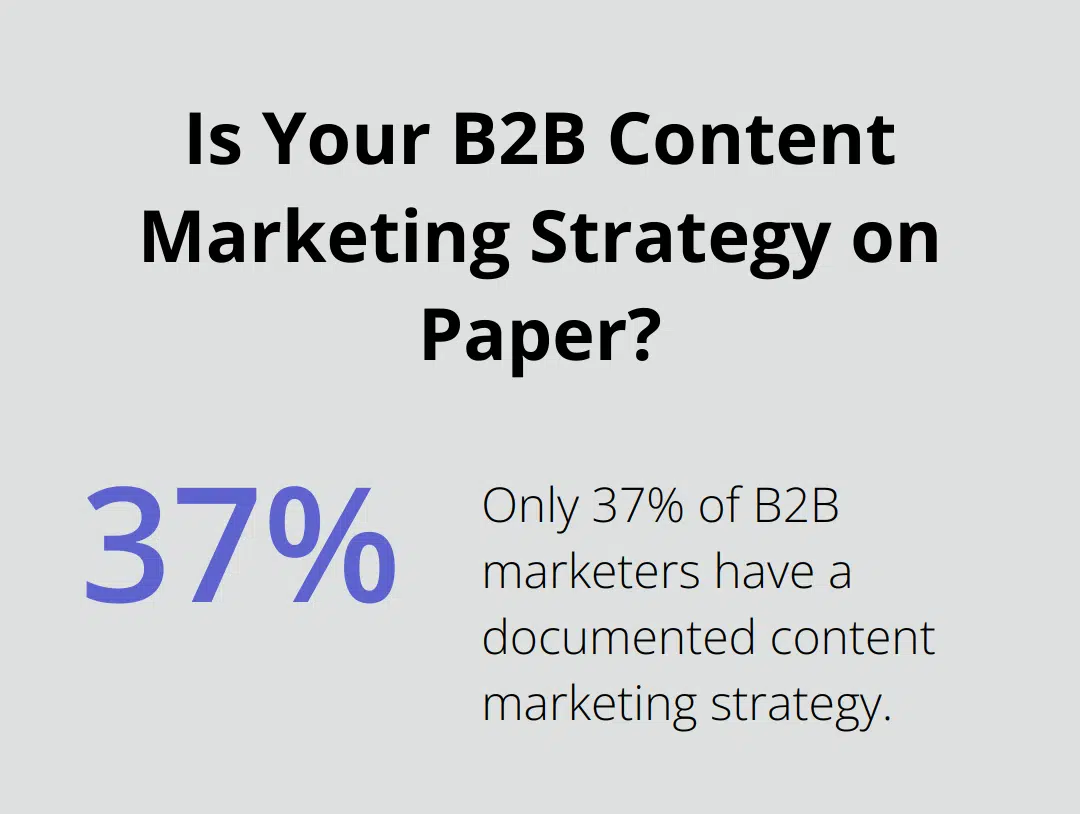
Final Thoughts
A well-structured content calendar transforms digital marketing efforts. It aligns every piece of content with business goals and resonates with the target audience. This approach improves publishing consistency, allocates resources better, and creates a more strategic marketing plan.
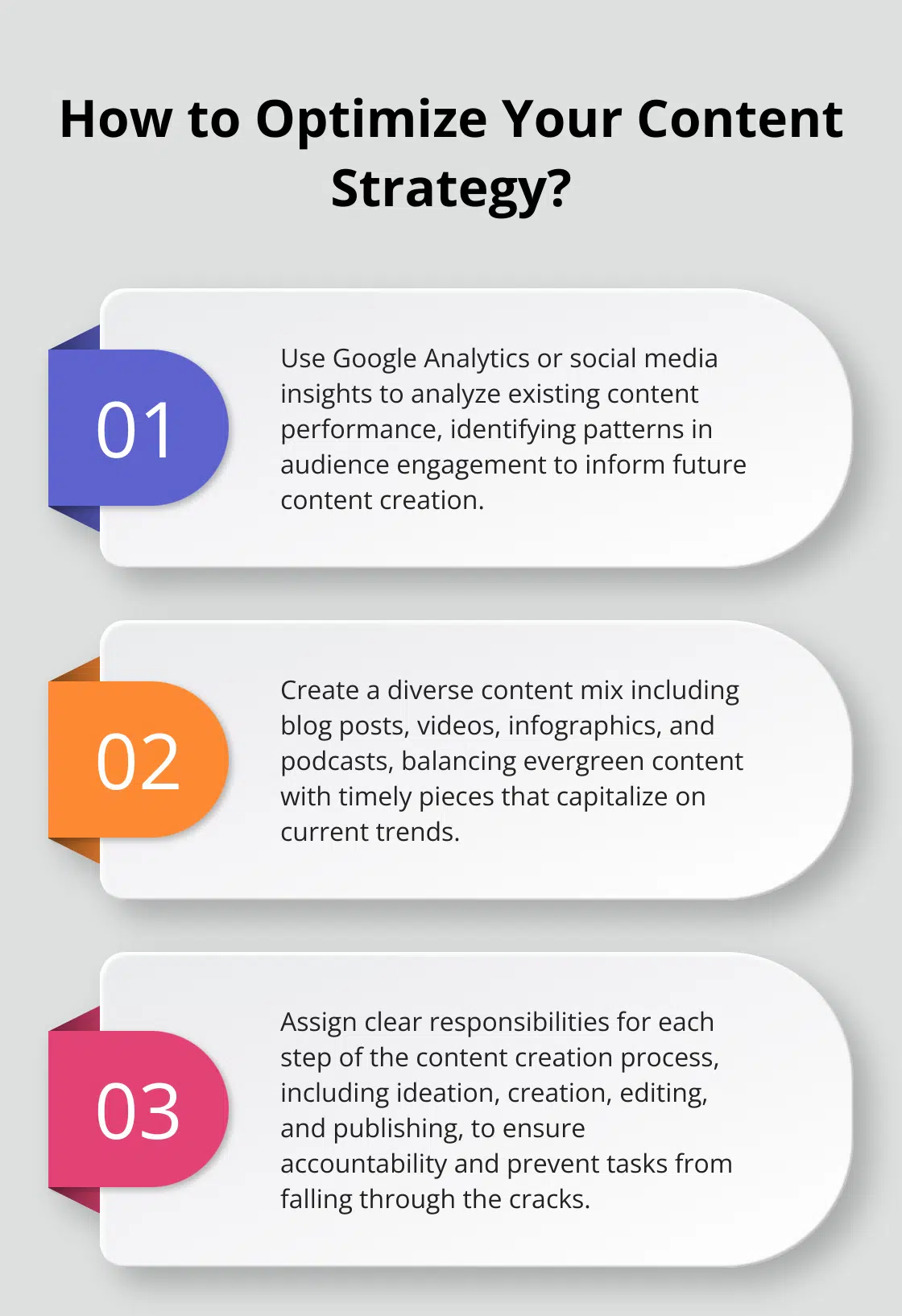
A content calendar must adapt to changing market conditions, emerging trends, and new business priorities. Regular reviews and refinements based on performance metrics and audience feedback will keep content engaging and relevant. This process helps stay ahead of the curve and deliver impactful content.
We at Made Simpler understand the power of an effective content calendar. Our all-in-one content management system can streamline your planning and creation process. Take action now and start building your content calendar to watch your digital presence grow.
